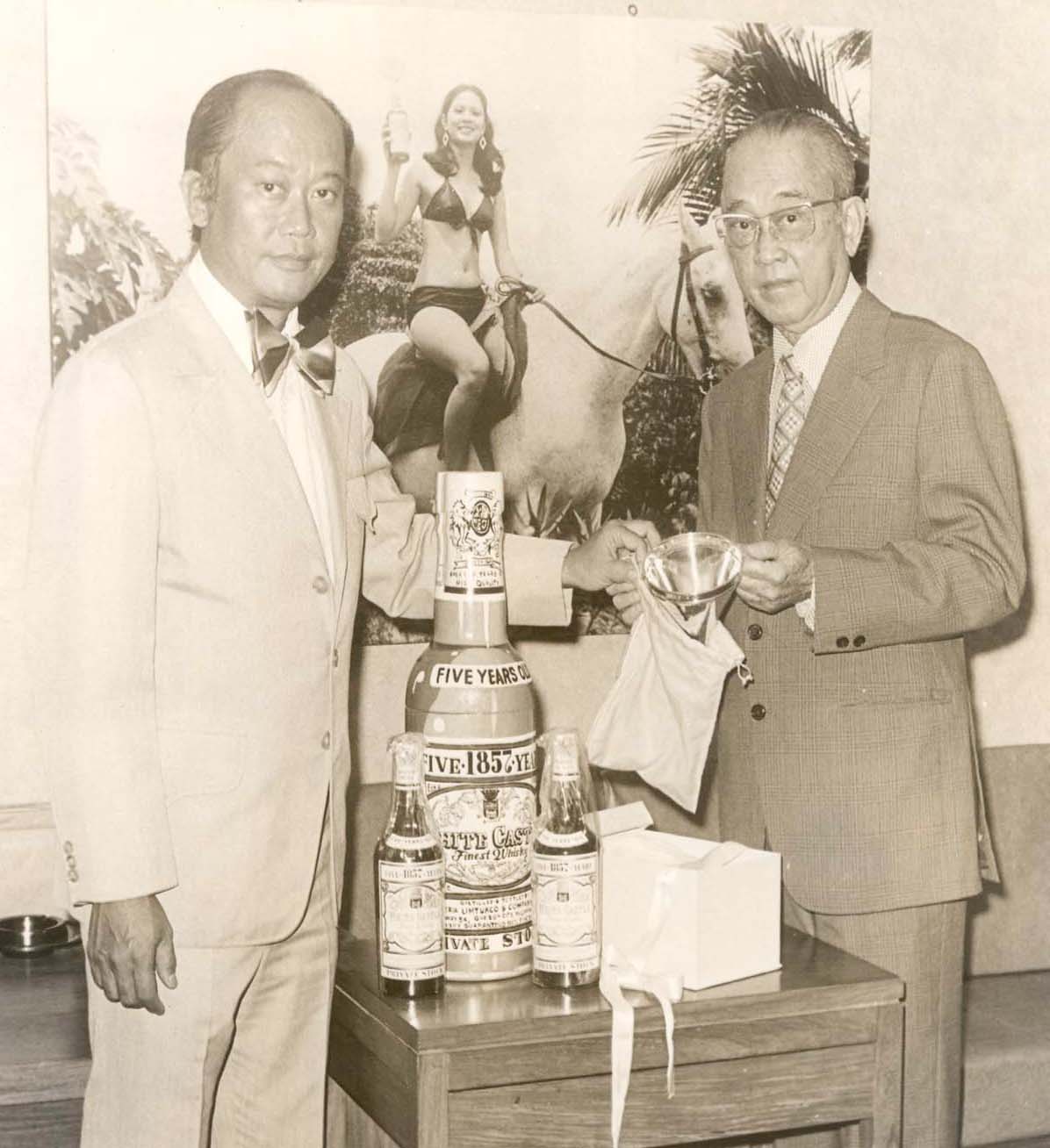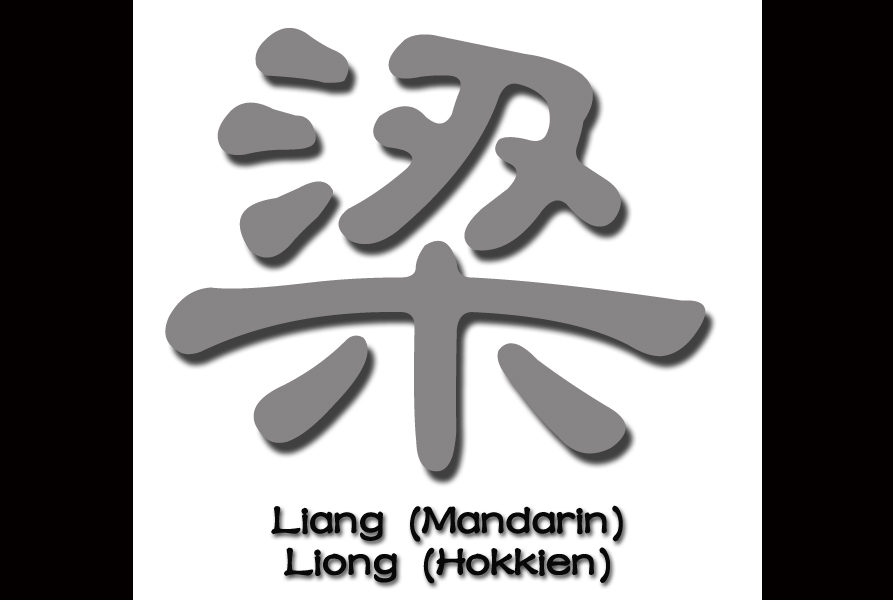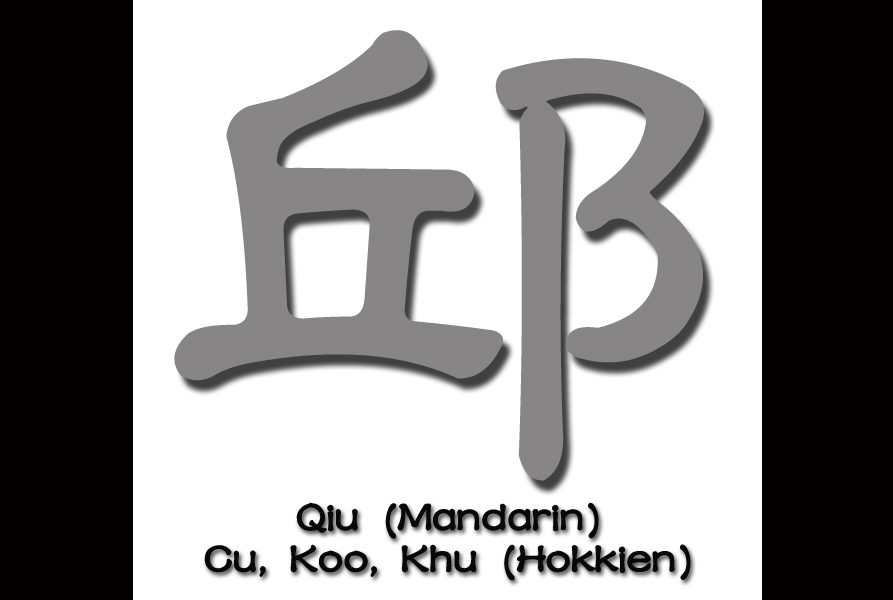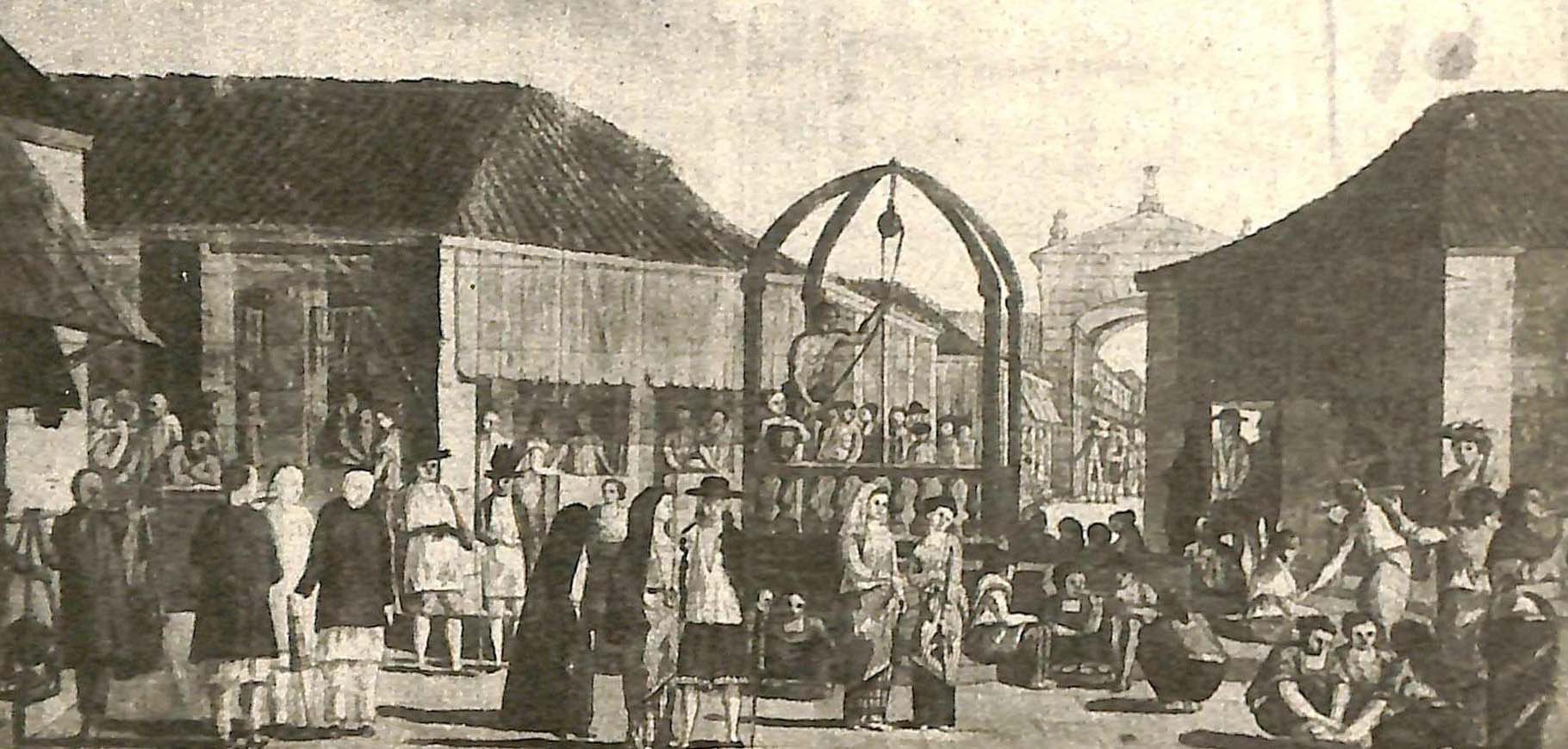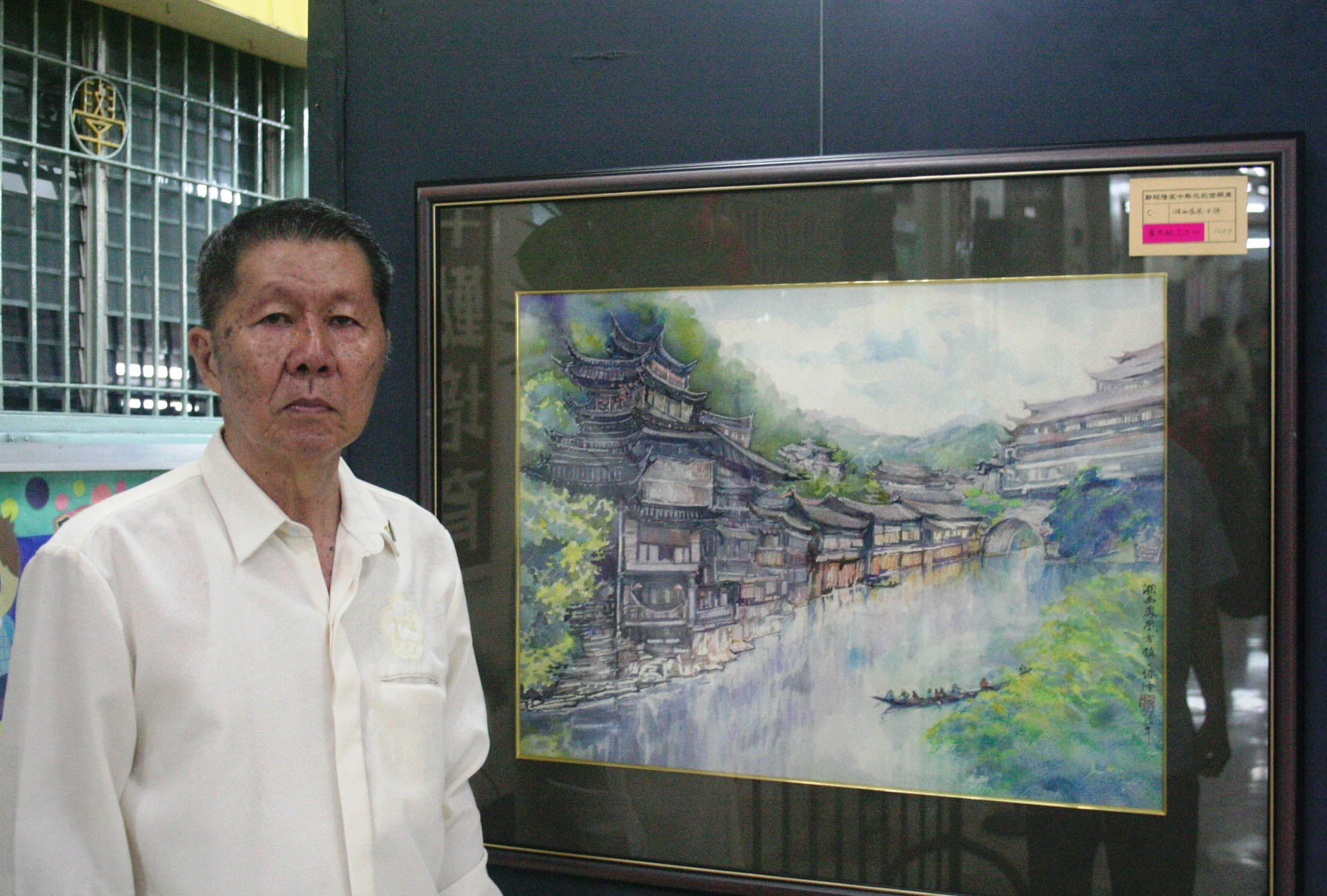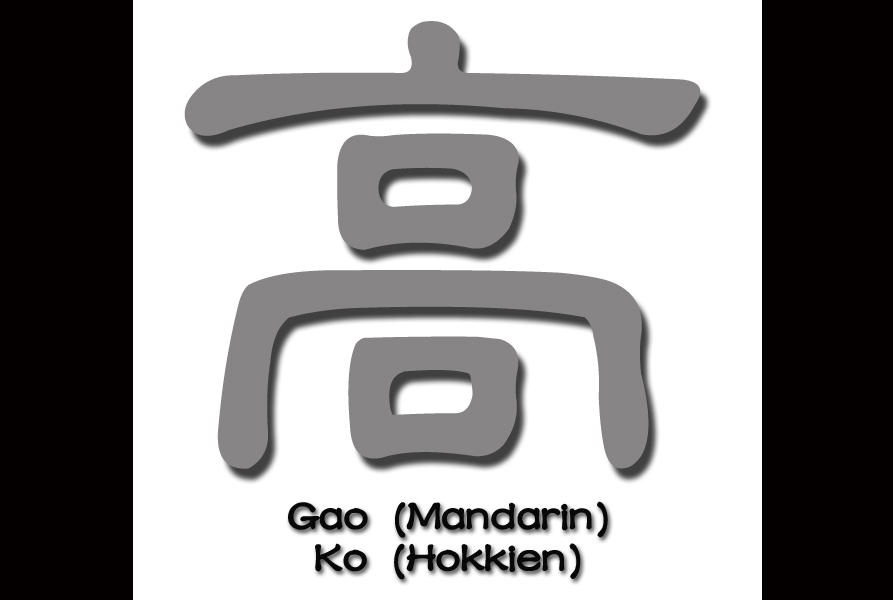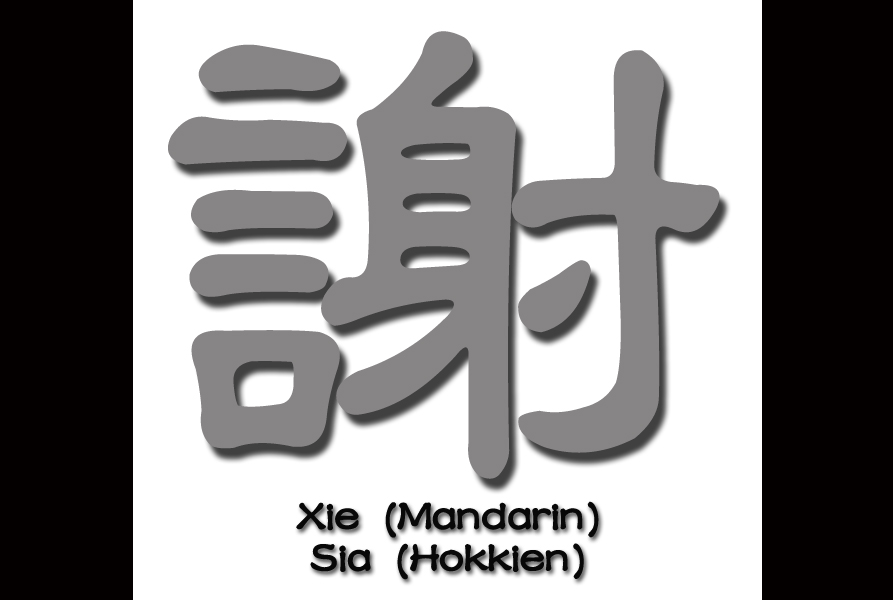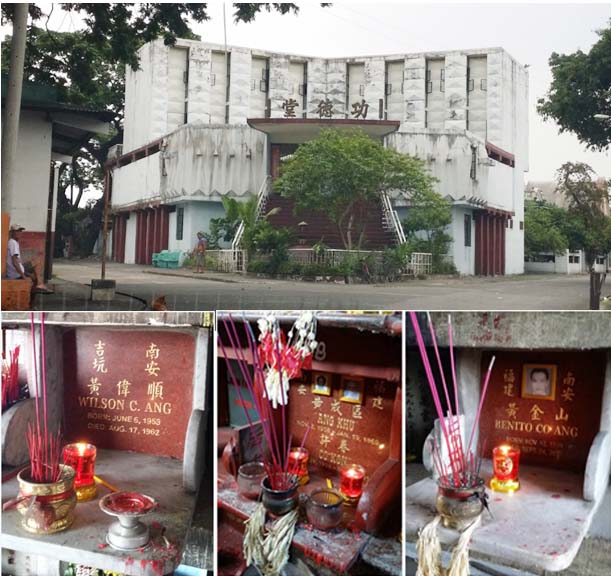First published in Tulay Monthly, Chinese-Filipino Digest 1, no. 7 (December 11, 1988): 5; 15. In the Philippines, the Christmas season is marked by religious solemnity, great festivities and revelry. Part of the merry making is the abundance of food and drinks. For the ordinary citizens, among the favorite beverages are such Filipino-made alcoholic drinks […]
